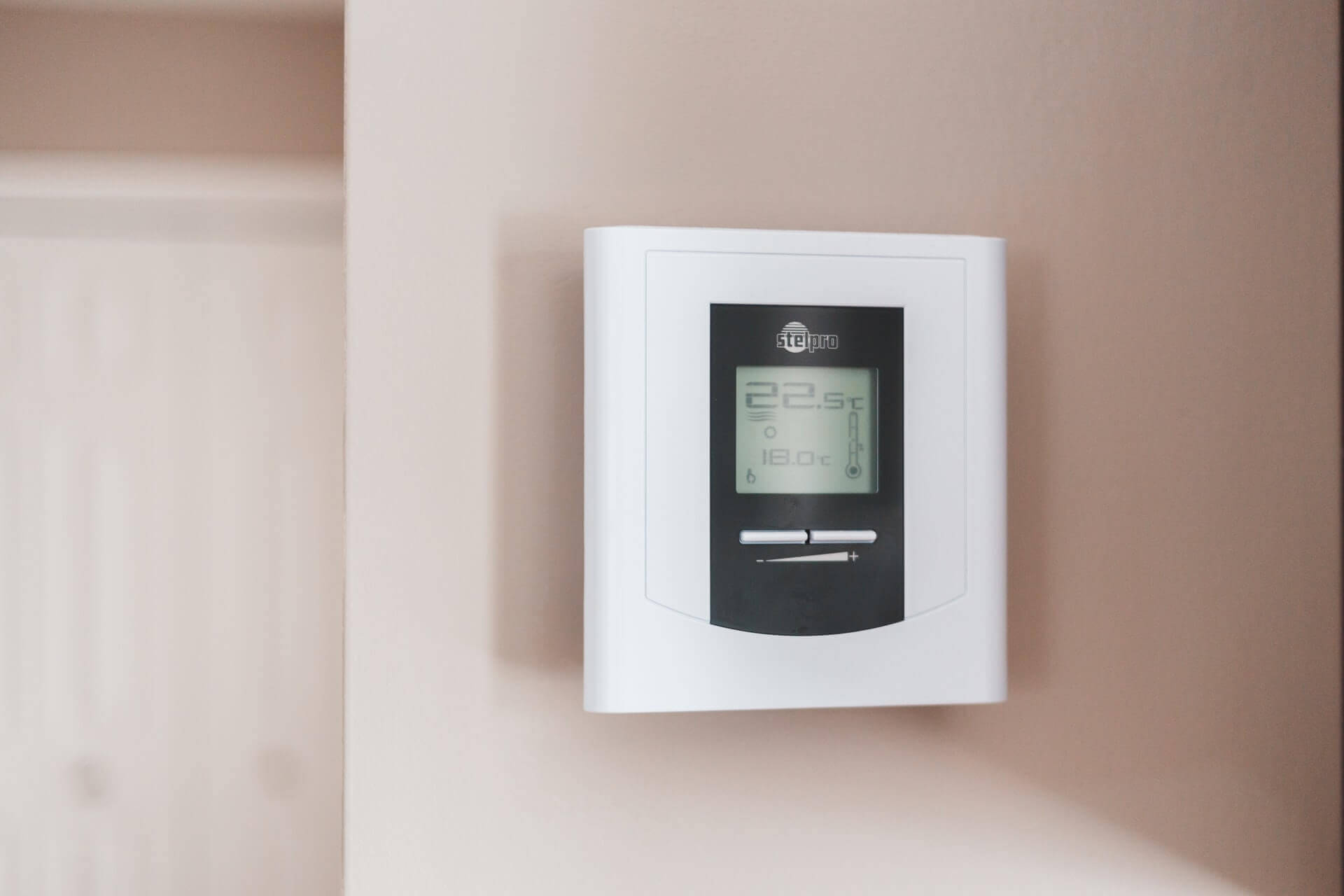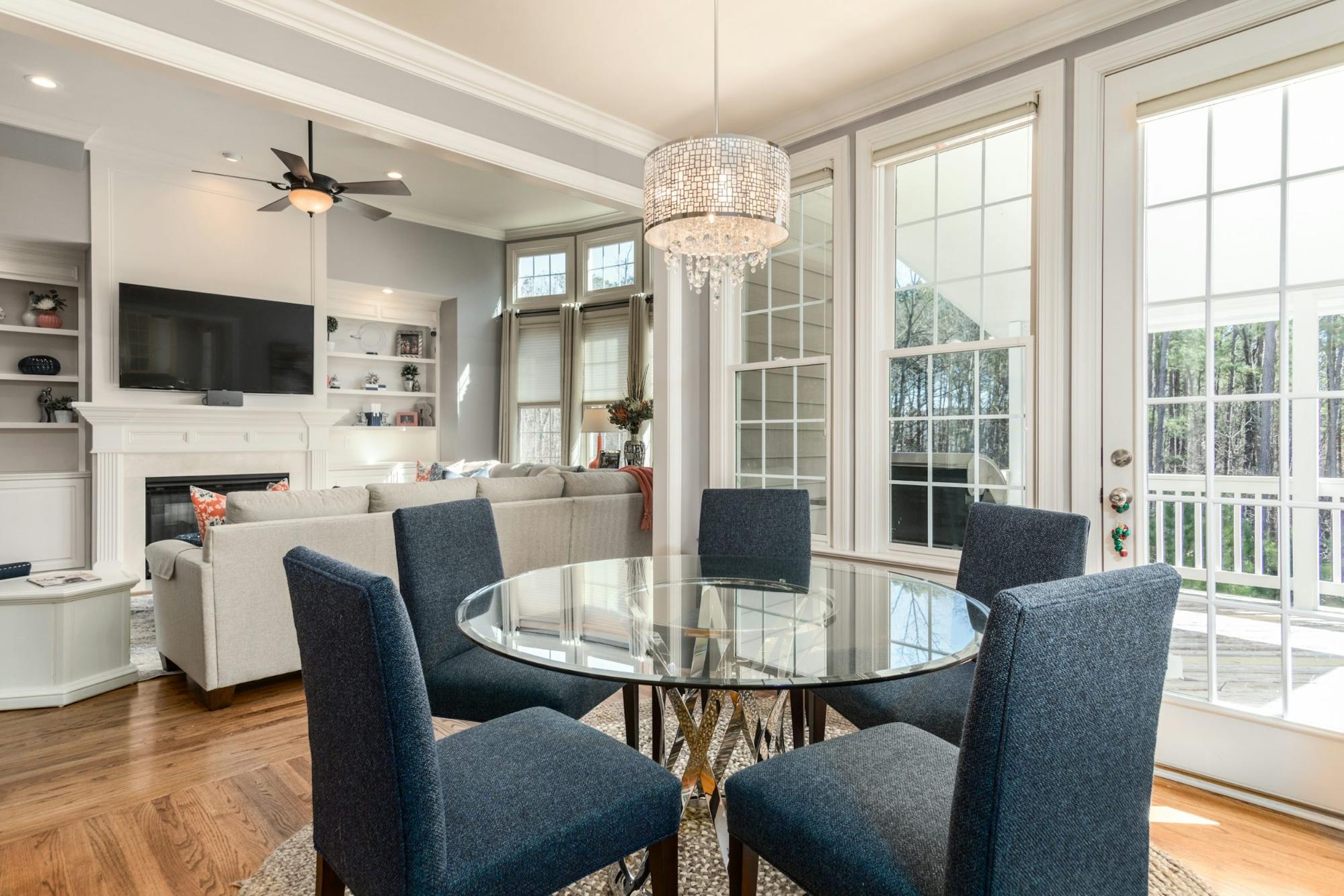How to choose the right heat pump?

Choosing a heat pump can have a significant impact on your comfort and your energy bills. Indeed, this heating and air conditioning equipment can be very useful in maintaining a comfortable temperature in your home or building, while reducing your energy consumption.
There are many different types and models of heat pumps on the market, and it can be difficult to choose the one that best fits your needs and budget. Just discover the different factors to take into account when choosing your heat pump to find the one that best meets your heating and air conditioning needs, while saving energy and improving your comfort.
The size of the space to be air conditioned or heated
The size of a home is critical when choosing a heat pump because it can affect the heating and cooling capacity you need. A heat pump is designed to extract heat from the outside air during the cold months and to remove heat from inside the house during the hot months. Its capacity is determined by its power in BTU (British Thermal Units) and the size of the house determines how much heat should be extracted or removed.
The bigger a house is, the more volume there is to be heated or cooled, which means that a higher-capacity heat pump will be needed to maintain a comfortable temperature. In addition, home configuration can also play a role in choosing a heat pump. For example, a house with high ceilings, large windows, or a south-facing exposure will likely need a more powerful unit to compensate for heat loss or to remove excess heat.
The insulation level of the house
Insulation quality can affect the heat pump's ability to effectively heat or cool the home. If it's poorly insulated, there can be significant heat loss during the cold months, which means the unit will have to work harder to maintain a comfortable temperature inside. Likewise, during the hot months, poor insulation can cause loss of freshness, forcing the device to work longer to maintain a comfortable temperature.
In general, the more insulated the house is, the less power the heat pump will need to effectively heat or cool the rooms. This means you may need a lower-capacity heat pump if your home is well insulated, which can mean lower energy savings and operating costs in the long run.
Extreme temperatures in your area
Extreme temperatures in the area where you live can influence the choice of a heat pump. These devices are designed to work effectively within a specific temperature range, and extreme temperatures can impact their performance and energy efficiency.
In areas where winter temperatures are extremely cold, it is important to choose a heat pump that can work effectively at low temperatures, often referred to as “peak temperatures.” Heat pumps specially designed for cold climates are equipped with technologies such as automatic defrosting, which maintain their efficiency even in very cold weather.
Likewise, in areas where summer temperatures are particularly hot, you should choose a heat pump that is operational at such temperature levels. Heat pumps designed for hot climates are often equipped with technologies such as high-efficiency compressors that can maintain a high level of cooling while using less energy.
The type of air distribution system
The choice of a heat pump depends on the type of air distribution system in your home or building. There are two types of air distribution systems: forced air systems and hot water systems.
If your air distribution system is a forced air system, you can opt for an air-to-air heat pump or an air-to-water heat pump. The first extracts heat from the outside air and transfers it into your home via an air distribution system. The second works in a similar way, but transfers heat into a hot water circuit that can be used to heat your home or domestic hot water.
If your air distribution system is a hot water system, you will need a water-to-water heat pump or a geothermal heat pump. The first uses groundwater to transfer heat to your home. The second, on the other hand, uses the thermal energy stored in the ground to heat your home.
Energy performance
When choosing a heat pump based on its energy performance, it is important to consider the unit's coefficient of performance (COP) and seasonal energy performance rate (SEER). The COP measures the quantity of heat produced by the heat pump for each unit of electrical energy consumed. The higher the COP, the more energy efficient the device is. The SEER, on the other hand, measures the seasonal energy efficiency of the heat pump.
It is recommended to choose a model with a high COP and a high SEER, as this means that it uses less electrical energy to produce heat or cool. Most modern heat pumps have a COP between 2.5 and 4.0 and a SEER greater than 14. Those with higher COPs and SEERs may cost more to buy, but they can save you money on your energy bills in the long run.
The various costs related to this investment
When you are going to buy a heat pump, you need to consider various costs. The cost of buying the unit can vary greatly depending on the size, brand, technology, and features of the device. High-end models with added features, such as programmable thermostats, may cost more to buy, while basic models are generally less expensive.
The installation cost may also vary depending on the complexity of the work and labor costs. It is important to have a professional install the heat pump, as incorrect installation can affect the performance and durability of the device.
Maintenance costs include annual heat pump cleaning and maintenance costs. It is important to keep the unit in good working condition to ensure maximum energy efficiency and avoid costly repairs.
Finally, operating costs include the energy costs to operate the heat pump. Models that are more energy efficient may cost more to buy, but can save you money on your energy bills in the long run.
Guarantee: No traces, no stress — only lasting results.
5 000 +
96%
$6,275



.avif)



